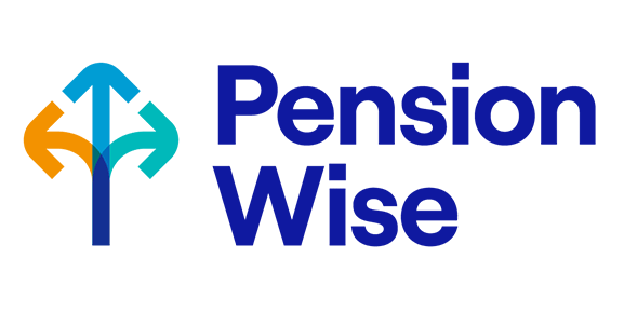A small, self-administered pension scheme is a type of pension, usually a defined contribution workplace pension, that can give extra investment flexibility.
How small self-administered pension schemes work
Small, self-administered pension schemes (SSAS) are generally set up to allow a small number of senior staff in a company to build up a pot of money.
Membership is generally limited to no more than 11 members. These are often company directors or senior executives. However, they can be open to other workers and even family members.
SSAS are a specialised type of employer sponsored defined contribution pension scheme.
The value of a member’s entitlement from an SSAS when they retire depends on:
- the amount of money that’s been paid in on behalf of that member
- the length of time each contribution has been invested
- investment growth over this period and the level of charges (if these apply).
When they retire, members will usually be able to take up to 25% of their pot as a tax-free lump sum. The rest will be used to provide an income. There are other options though, that we talk about below.
Insurance companies and other pension providers offer SSASs.
An SSAS is run by its trustees, who would usually also be the members of the scheme.
SSAS contributions are made by the members and/or the employer.
Contributions by individual members qualify for tax relief. Whereas contributions made by the employer might be deductible against profits, subject to certain conditions.
SSASs will normally accept transfers from other pensions if you want to bring your pensions together.
You can also usually transfer the value of your SSAS to another pension.
The benefits of a SSAS pension
A major benefit of an SSAS is that it can offer more flexibility on where the money can be invested.
This can include investing in assets that aren't generally available for many other types of scheme. For example, an SSAS is able to buy the company’s trading premises and lease them back to the company.
Subject to certain terms and conditions, it might also lend money back to the company and buy the company’s shares.
An SSAS can also borrow money, subject to terms and conditions, for investment purposes. For example, the SSAS might raise a mortgage to help the scheme buy the company’s premises. And the mortgage repayments might then be all or partly covered, by the rental income the company pays the SSAS.
All the SSAS assets are held in the name of the trustees.
The scheme’s rules will say whether each member is allocated an ‘individual pot’ or whether the assets are pooled and each member holds a proportion of the scheme’s assets.
Drawing your benefits
You can normally start drawing benefits from your SSAS from the age of 55. The minimum age is increasing to 57 from 6 April 2028.
There are various options for how to take the money when you retire. These include:
- a guaranteed income
- a flexible income
- one or more lump sums.
Normally, you can take up to 25% of the value of your pot tax-free.

How to set up a SSAS pension
If you’re thinking about setting up a SSAS, it’s important to get specialist advice as they can be complicated.

If you need help finding a suitable SSAS, search the directoryOpens in a new window on the Association of Member-Directed Pension Schemes (AMPS) is a good place to start.
Help using the AMPS search
- When selecting a service to search for, make sure you choose the ‘SSAS Administrator’ or ‘SSAS Professional Trustee’ option.
- It’s important to do some research into what you need from a SSAS before making a decision to open one.
Before choosing a SSAS you might also want to check that:
- The trustees of the SSAS are registered with The Pensions Regulator (TPR). Find out more about the register on the TPR websiteOpens in a new window
- The person or company you’re dealing with is regulated by the Financial Conduct Authority (FCA) and, if applicable, authorised to provide pension advice. Search the Financial Services Register on the FCA websiteOpens in a new window
- The company exists and has no outstanding documents (such as accounts). Search the register on the Companies House websiteOpens in a new window
Beware of scams
Pension scams can be hard to spot and avoid especially as they often look like legitimate investment opportunities.







